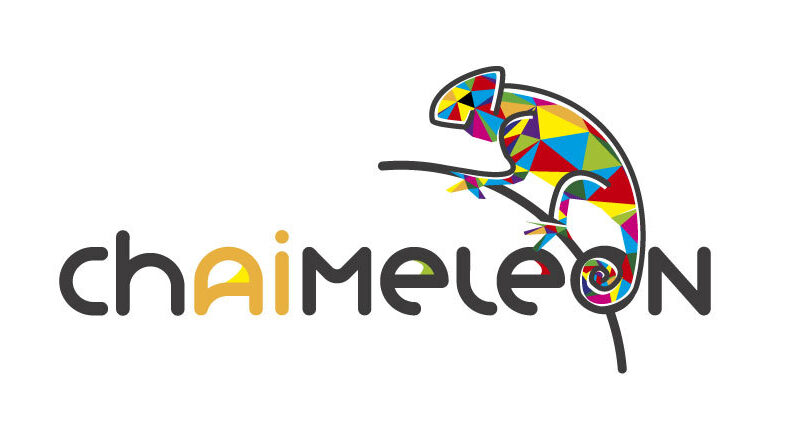Universiteit Maastricht (UM)
Maastricht University (UM) is a top-ranked international university, renowned for the quality of the research undertaken in many areas. UM was ranked 103rd worldwide by Times Higher Education for 2018 with strong scores in research and research visibility (i.e., citations), was ranked ‘6’ in The ranking of young universities ‘top 150 under 50’ in 2017 and was ranked ‘7’ in the QS ‘top 50 under 50’ in 2017. Maastricht University hosts 16.800 students in international BA, MA and graduate programs, and 3.500 (FTE) employees. It is leading in small-scale interactive problem based learning. Researchers at UM work in multidisciplinary teams and in close cooperation with international institutes, business and industry. UM researchers have attracted international attention by taking the lead in several large European research projects.
The recently founded Department of Precision Medicine within Maastricht University will participate in this project. Leaded professor Philippe Lambin, this is an international group of highly motivated researchers with unique skills. The Department of Precision Medicine consists out of The D-lab and the M-Lab, both embedded in the Research School GROW (www.grow-um.nl) and the Faculty of Health Medicine and Life Sciences at Maastricht University.
Maastricht University has a team of clinicians, engineers, biostatisticians, Big data specialists, clinical trial specialists and data managers involved in Radiomics. Maastricht University manage the websites www.predictcancer.org, www.cancerdata.org, www.treatmentchoice.info and www.radiomics.world.
Role in project
The D-Lab excels at applying machine learning methods, such as deep learning, on vast amounts of medical data in order to improve the lives of patients, with a focus on decision support systems and personalizing treatment. Its scientists are one of the inventors of “Distributed learning” a revolutionary Big Data approach for health care, “Radiomics” and “multifactorial Decision Support Systems” and have extensive experience in development of clinical decision tools, translational medicine and subsequent entrepreneurial activities, semantic web technology, ethics involved with personal medical data ownership and utilization, and in silico simulation of cancer treatment and response.
Within this context, the D-Lab will contribute to CHAIMELEON by:
- Building global data and application IT infrastructures across hospitals to facilitate data sharing and standardization.
- Learning from this data using machine-learning techniques in a privacy-preserving manner to make personalized predictive models.
As such, UM leads WP3 Design of CHAIMELEON Repository.



